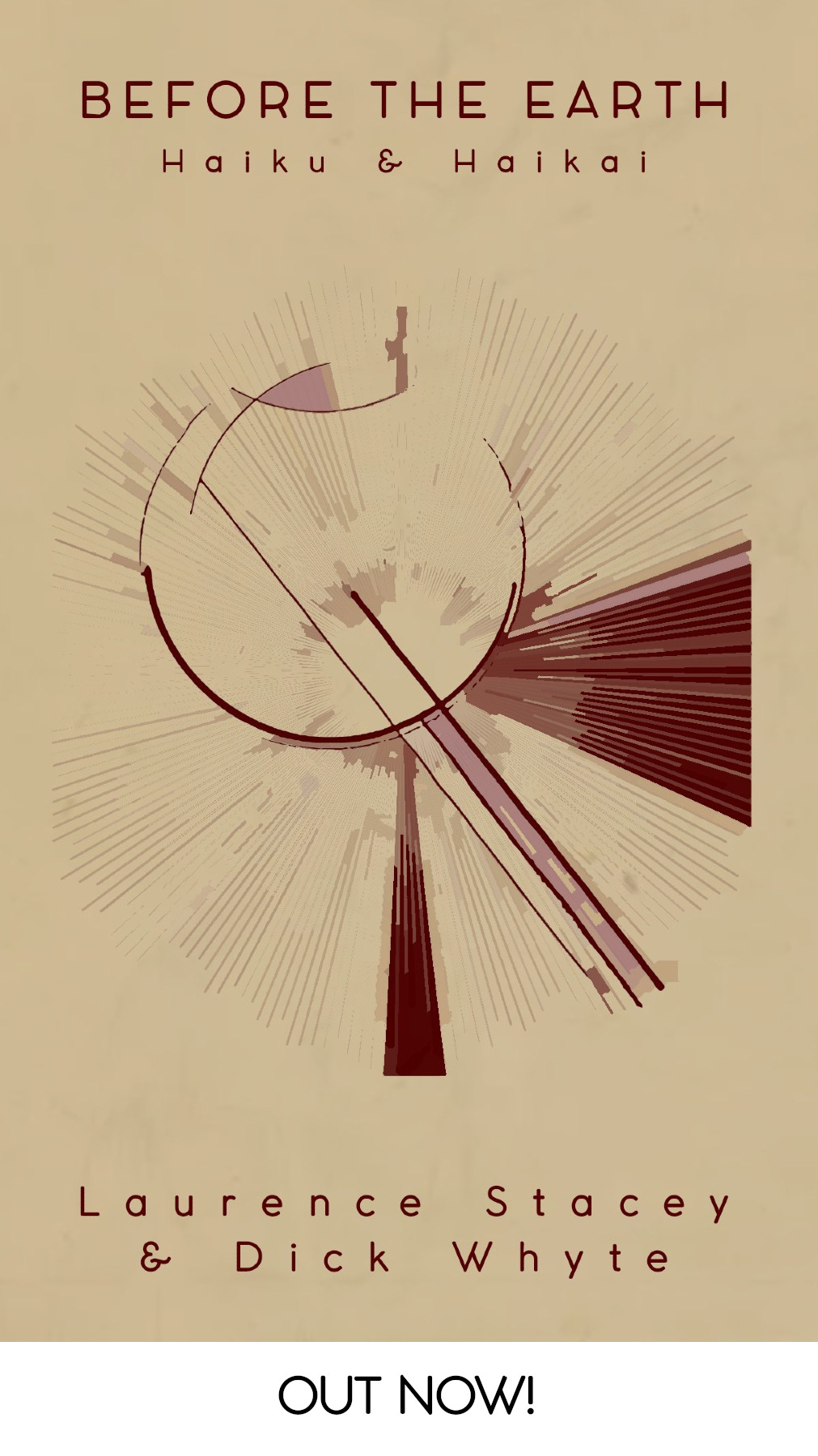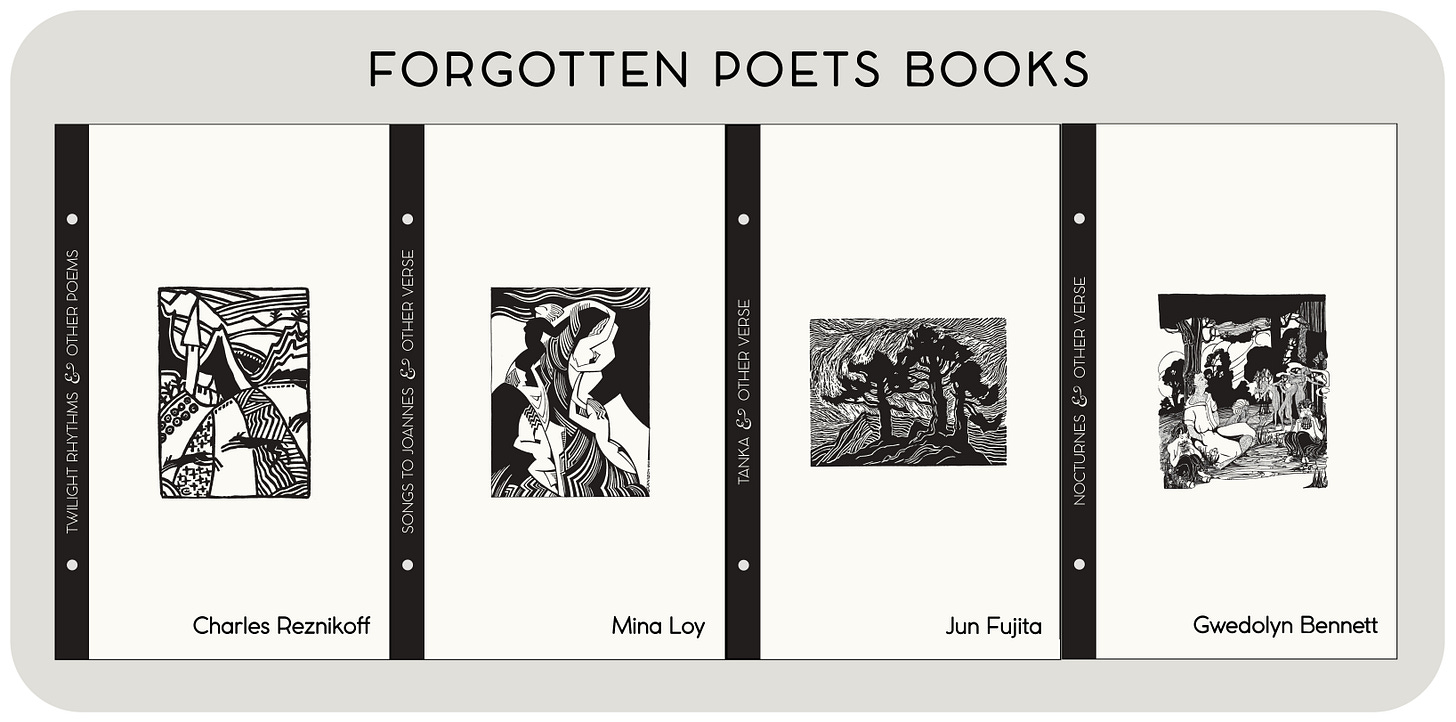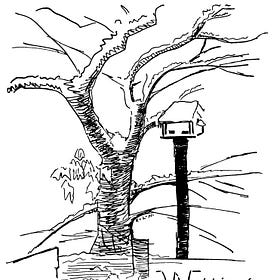—: Poem :— A dry-colored vine Rains Against brick on this autumn night. It would hold me but for a black smoking river I have known.
—: The Pillar :— When your house grows too close for you, When the ceilings lower themselves, crushing you, There on the porch I shall wait, Outside your house. You shall lean against my straightness, And let night surge over you.
—: Couplet :— In my heart, the love-lanterns I hung for you are dark. Little cruelties crept in and blew them out.
—: Poem :— I paddle on a stream and feel upon it a memory; soft drinking muzzle of distant far-running deer. I know the gentle abandon of long grasses in dark streams. Under my canoe their long-lifted fingers seek to hold me—persuasive—
“Harriet Dean is of The Little Review group, the most refreshing type of young intellectual Americans I have met. Energetic, breezy and unconventional, she refused to return to Vassar and instead affiliated herself with Margaret Anderson and The Little Review.” (Mother Earth, 1915) “Harriet was a remarkable pianist; there wasn't anything she couldn't do with a piano. In our studio there'd be eight or nine different foreigners—friends of Marty's from Mexico or Europe—only to have them throw her a theme and she could carry on and improvise and play anything for them. She had a genius for that sort of thing.” (Elsie Martinez, in interview with Willa K. Baum, 1962-69)
Dean went on to work at The Little Review in 1915, a year after it was started by Margaret Anderson; “Her job was to raise money. She was a very handsome tailored middle class girl. Her family were 'big bourgeois', as the radicals said then. She looked like a businesswoman, of course, and was very persuasive. She could go into any office in Chicago and would try to convince them of the cultural importance of The Little Review and often the business heads would give her a check for a hundred or a couple hundred dollars. One of the industrialists one day said, ‘This is for you. Don't send the magazine to us’. ‘Well, your wife might be interested in it’. ‘Oh no, don't send it to us; we'll give you this check to help you out, but don't send it to us’. They liked her and she could get them to do anything. That's why they always mentioned her in connection with the money, because she was the money-raiser.”
“Margaret Anderson was no good at raising money. She was too charming, and she was the beautiful inspiration. So the money was Harriet's function. Harriet was big. She weighed 220. She was strong, dynamic, very well-dressed, a tailor's model, and very vibrant, with tremendous enthusiasm. So she could just lure money in any direction. Whenever they got stuck to get the printing bills paid, they sent her out.” (Martinez, in Baum, 1962-69)
—: After Harriet Dean :— by Dick Whyte even here i hear the universe howling— animal in which every other animal makes its home, reticulate the gods: we who are your children
Forgotten Poets Presents:
Forgotten Poems, a living anthology of obscure and out-of-print poetry from the late-1800s and early-1900s. Explore the archives:
Mary Effie Lee Newsome - 5 Short Poems & Illustrations (1921-1926)
—: Sunset :— Since poets have told of sunset, What is left for me to tell? I can only say that I saw the day Press crimson lips to horizon gray, And kiss the earth farewell...
Josephine Bell - 2 Short Poems (1919)
—: My Comrade :— I am laughing with the smell of the river; I am laughing with the hidden wind swelling up over the lap and shoulders, and winding about the neck of my green world; I am laughing with the sweeps of rank grass and the calm shining miles of floating river...
Helene Johnson - 4 Short Poems (1925-26)
—: Trees At Night :— Slim sentinels Stretching lacy arms About a slumbrous moon; Black quivering Silhouettes, Tremulous, Stencilled on the petal Of a bluebell; Ink spluttered On a robin’s breast...














I love this one.
—: Couplet :—
In my heart, the love-lanterns I hung for you are dark.
Little cruelties crept in and blew them out.
Your poem following perfectly Harriet’s porch poem!